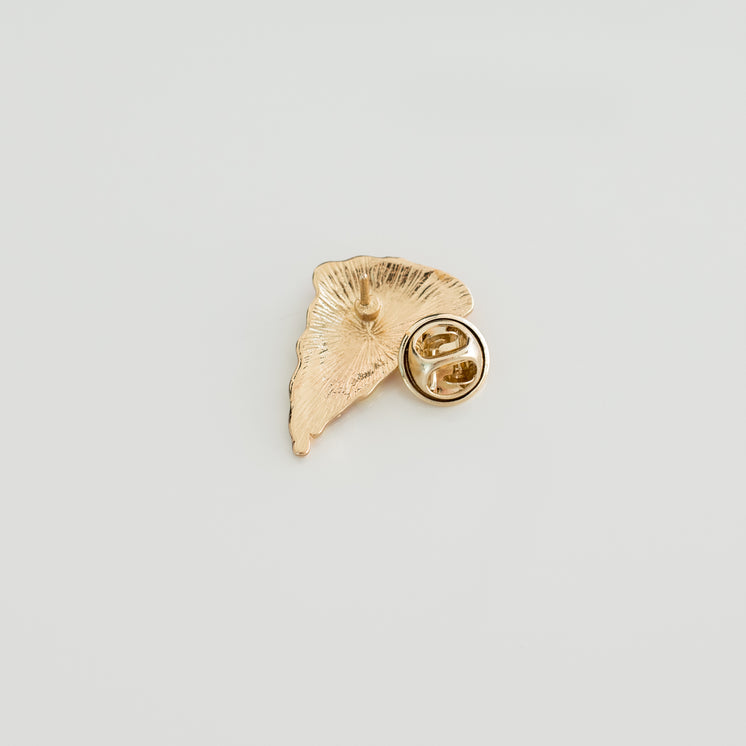
Many Atlanta fine dining establishments usually have wine and food pairings on the menu to consider. These pairings have been carefully crafted by the sommelier and chef to enhance your dining experience. This is a great way to get away from your comfort zone while also introducing new grape varieties and wine regions to the taster.
When considering a bottle or two for the table it is wise to get a feel for what everyone is ordering. For those who choose a meat/game dish; versatile wines like Pinot Noir, Sangiovese, or Cabernet Sauvignon will always work well. For those opting for a seafood/shellfish dish; wines like Sauvignon Blanc, Riesling, Pinot Gris and Chardonnay are usually ideal. Be mindful of Chardonnay though due to its oaky/buttery character. This richly textured white may be too powerful for certain dishes so ask your Atlanta area restaurant server how “oaky” the Chardonnay you are considering is.
For hot and spicy dishes it is wise to consider a wine with residual sweetness to counterbalance the heat of the food. Wines like German Reisling or Chenin Blanc are perfect with hot and spicy foods. One truism in wine and food pairing at any Atlanta restaurant is this: The simpler the food ie: meat, potatoes and veggies the more extravagant the wine can be.
In these instances the wine is the show where its rich complex flavors don’t compete with the rustic and simplistic nature of the dish. On the other hand, the more complex and spice dominated dishes require simpler wines that work in harmony with the complexities of the dish as opposed to overwhelming the foods delicate flavors with power and concentration.
Use the sommelier or wine manager at any Atlanta restaurant that provides one! They are there to help and questions, no matter how basic, are not or should not be an annoyance. It is their JOB to guide and help you make the best choice possible. They know what they are doing so don’t hesitate to use them!
Ironically, the way to flush the excess water is by drinking more and eating water-filled foods. Watermelon is not only flush with the stuff (duh), it’s also a great source of potassium. Peppermint is a great stomach soother, and studies have shown that peppermint oil can help fight cramping and gas. Peppermint oil for the treatment of irritable bowel syndrome: a systematic review and meta-analysis.
Khanna R, MacDonald JK, Levesque BG. Journal of clinical gastroenterology, 2015, Mar.;48(6):1539-2031. So next time you eat food that you know makes you gassy, try sipping on a cup of peppermint tea afterward. Cucumbers are your belly’s best friend when it comes to bloating. These watery veggies contain quercetin, which is anti-inflammatory and may reduce the swell. The effect of quercetin supplementation on selected markers of inflammation and oxidative stress.
Askari G, Ghiasvand R, Feizi A, et al. Journal of Research in Medical Sciences. Papayas are packed with an enzyme called papain, which has been shown to put a stop to tummy troubles. Papaya preparation (Caricol®) in digestive disorders. Muss C, Mosgoeller W, Endler T. Neuro endocrinology letters, 2013, Jun.;34(1):0172-780X. Papain can help break down proteins in your GI tract, making it easier to stomach food that's tough to digest.
Tags:
How Make Food
